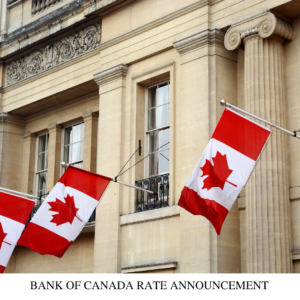One of the biggest benefits to purchasing your own home is the ability to build equity in your property. This equity can come in handy for renovations, investments, purchasing other property through refinancing or taking out additional loans such as a second mortgage.
What is a second mortgage?
A second mortgage is an additional or secondary loan taken out on a property for which you already have a mortgage. A second mortgage comes with its own interest rate, monthly payments, set terms, and closing costs.
Second mortgages versus refinancing
A refinance is typically done at the end of a current mortgage term to avoid penalties. However, the penalty can sometimes be justified if the use of the funds generates gains elsewhere.
Accessing funds with a second mortgage leaves the first mortgage intact, thereby avoiding penalties. In the case where the first mortgage rate is lower, a second mortgage allows you to maintain the low rate on the first mortgage. Second mortgage funds can be used for any purpose, and you can also borrow in installments through a credit line in second position behind your first mortgage in some cases.
What are the advantages of a second mortgage?
There are several advantages when it comes to taking out a second mortgage, including:
- The ability to access funds while keeping your first mortgage intact
- Better interest rate than a credit card as they are a ‘secured’ form of debt.
What are some of the considerations of a second mortgage?
As always, when it comes to taking out an additional loan, there are a few things to consider:
- Interest rates tend to be higher on a second mortgage than refinancing your mortgage and come with additional fees. Due to the higher interest rate, a second mortgage should have an exit strategy so you don’t carry the higher cost for too long.
- Not all first mortgage lenders allow second mortgages to be added to a property title from other institutions
To look into making a change, adding a line of credit or a second mortgage, or just a renewal on your existing mortgage, please contact me with any questions. I’m here to help.


